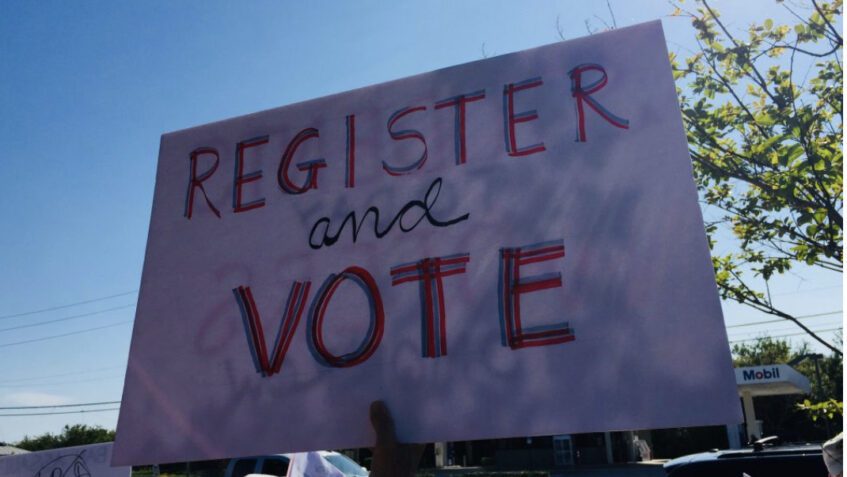In a democratic society, every citizen holds the power to shape their nation’s destiny. One of the fundamental ways to exercise this power is through voting during the election cycle. Each vote represents an individual’s voice, and collectively, these voices culminate into a resounding expression of the people’s will. Therefore, it is crucial to understand and appreciate why every single vote matters and how it can make a significant impact on the outcome of an election. In this article, we will explore the reasons behind the importance of each vote and shed light on the consequences of undervaluing this civic duty.
1. Upholding Democracy
At the core of any democracy lies the principle of representation–the idea that everyone’s voice deserves to be heard and accounted for. Voting allows citizens to participate actively in the political process and ensures that their interests are represented by elected officials. Irrespective of political affiliation or ideology, each eligible voter has the opportunity to contribute to the development of policies, laws, and regulations that shape their lives and society as a whole.
2. Influencing Government Decision-Making
Elections serve as a mechanism for citizens to influence government decision-making. By casting their vote, individuals contribute to selecting candidates whose values align with their own. These elected officials are entrusted with making critical decisions concerning the economy, healthcare, education, foreign policy, and a myriad of other issues affecting the nation. Consequently, every vote cast carries the potential to sway the direction of these decisions, ensuring that they reflect the will of the majority.
3. Narrow Margins Determine Outcomes
History is replete with instances where the outcome of an election was decided by the slimmest of margins. A few ballots have often proven decisive in determining who occupies positions of power. From local elections to national races, the significance of a single vote becomes magnified when the margin of victory is narrow. This reality underscores the fact that even one vote can be the difference between success and defeat for a candidate or a cause.
4. Fostering Social Change
Voting is not solely about endorsing candidates; it is also a powerful tool for promoting social change. Throughout history, marginalized groups have fought relentlessly to secure their right to vote, recognizing that political power can stimulate progress and bring about a more equitable society. By exercising this fundamental right, individuals honor the struggles of those who came before them and pave the way for a future where equality and justice prevail.
5. Sending a Message
Each time citizens cast their ballots, they send a resounding message to politicians, parties, and the nation as a whole. Whether it is a vote in favor of a particular policy or a rejection of the status quo, each individual’s voice contributes to shaping public discourse. Politicians take note of these messages, adjusting their positions and policies to align with the will of the people. It is through voting that citizens remind elected officials that they are accountable and must prioritize the interests of their constituents.
6. Building Civil Society
Participation in the electoral process goes beyond merely casting a vote. It fosters engagement and involvement in civil society more broadly. Elections serve as a rallying point for communities, encouraging dialogue, debate, and the exchange of ideas. They provide opportunities for citizens to come together, find common ground, and work towards shared goals. In this sense, every vote acts as a building block in the construction of an informed, active, and vibrant civil society.
7. Preserving Democracy for Future Generations
Democracy is a fragile system, requiring the active participation of its citizens to thrive. By exercising their right to vote, individuals contribute to the preservation and strengthening of democratic institutions. Each ballot cast lays the groundwork for a more democratic society, leaving a lasting impact on future generations. By valuing and utilizing their vote, citizens ensure that democracy endures and continues to evolve in response to the needs and aspirations of the people.
In conclusion, the power of every vote during the election cycle cannot be overstated. Each ballot represents the hopes, dreams, and concerns of an individual citizen, contributing to the collective will of the people. By actively participating in the democratic process, individuals uphold democracy, influence government decision-making, and pave the way for social change. Additionally, they send messages to political leaders, foster civil society, and preserve democracy for future generations. So, remember, your vote matters. Exercise your right to vote, and let your voice shape the future of your nation.

